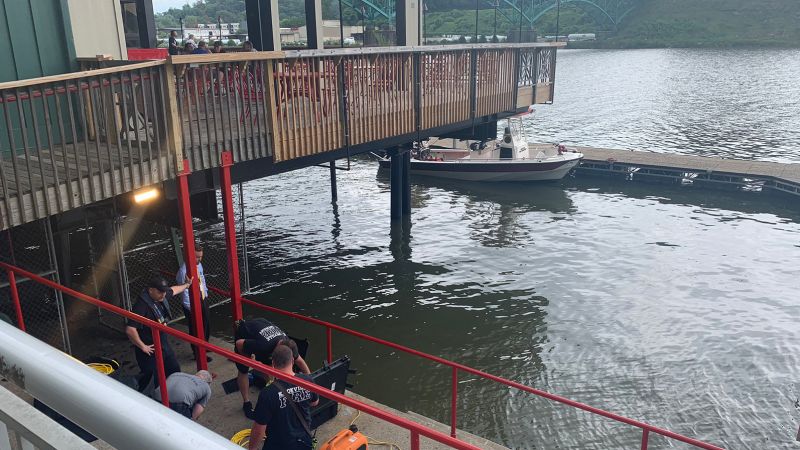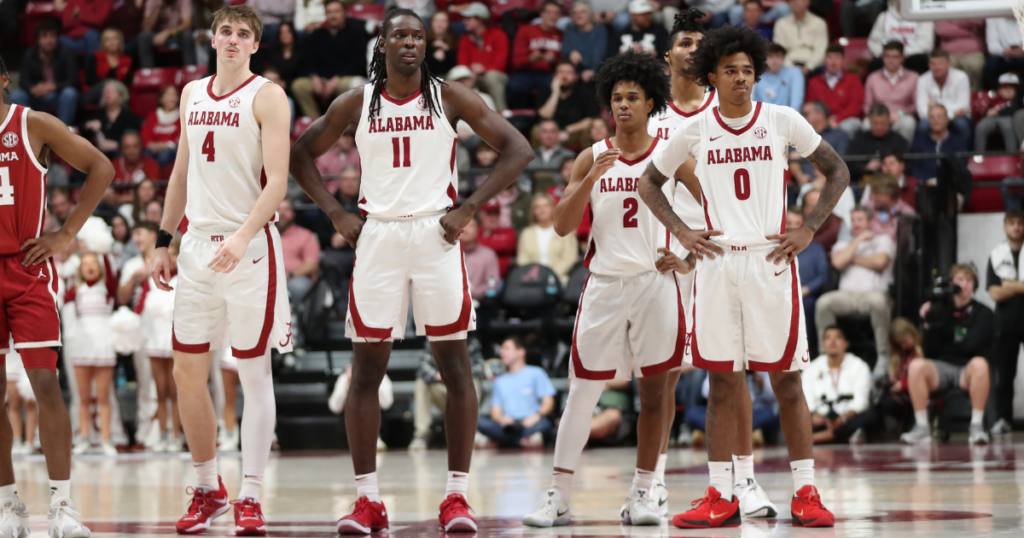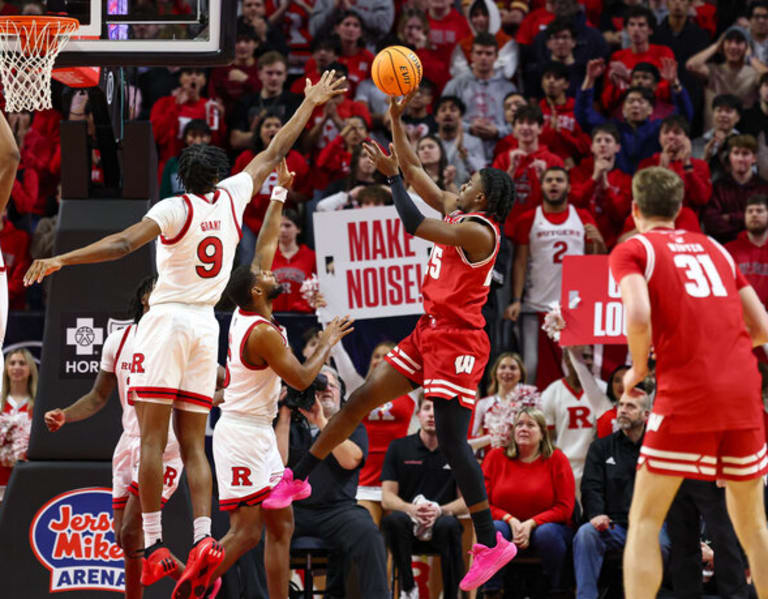CNN
—
A mother is suing the city of Knoxville, Tennessee, the city’s police chief and four officers, alleging police stood by for 13 minutes as her 30-year-old son drowned in a river last year.
Kimberly Williams-Clabo claims in the suit that police – who had responded to calls that her son, Mika Wheeler Clabo, was “acting erratically” – also prohibited private citizens from trying to rescue him from the Tennessee River.
“Mika deserved better that day,” said Lance Baker, the family’s attorney. “He deserved officers that operated like first responders and what he received were officers that operated like bystanders.”
The wrongful death suit was filed Tuesday in US District Court, one year after Clabo’s death.
The Knoxville Police Department responded to the suit in a Friday statement on social media.
“While Mika Clabo’s death was undoubtedly tragic, the KPD officer involved did not respond inappropriately, and the City will vigorously defend this lawsuit,” said the statement. “The officers immediately called for assistance from additional specialized resources, and any suggestion that they prevented reasonable or safe attempts to rescue Mr. Clabo is not supported by the facts.”
Clabo is described in the suit as having been a “master arborist” with a love for nature, who became addicted to opioids as a teenager. The 30-year-old participated in a court-sponsored rehabilitation program and eventually moved to a halfway house in Knoxville, the lawsuit states.
After spending the weekend of July 15, 2022, with his mother in a nearby county, the lawsuit says Clabo returned to Knoxville. On July 21, his mother reported him as missing to Knoxville police, according to the lawsuit.
Four days later, on July 25, Clabo was spotted on a street in Knoxville, according to the lawsuit. He was behaving unusually, prompting multiple people to call authorities, according to police and the lawsuit. A police incident report mentioned multiple calls about Clabo “rolling around” in the street.
Clabo appeared to be scared and was wearing only black underwear and a t-shirt, according to the lawsuit.
The police officer who filed the incident report found Clabo shortly after 10 a.m. walking on railroad tracks near the Tennessee River. According to the lawsuit, the officer approached Clabo and asked him, what’s “going on over here?” Clabo walked away, and then the officer asked, “hey, whatcha doin?”
Clabo began running toward the Tennessee River, the lawsuit alleges, citing body-camera footage as evidence. The responding officer then told Clabo to “come on back here when you’re done,” the lawsuit says.
Clabo continued toward the river until he ran “down a steep embankment that was covered in brush,”and fell into the river at 10:14 a.m., according to the police report and the lawsuit.
That’s when the officer called for a rescue boat from the Knoxville Fire Department, according to the lawsuit and the police report.
The officer “repeatedly” told Clabo to swim to a nearby dock, according to the lawsuit.
The officer said over the radio that Clabo was “attempting to get back to shore but I cannot get to him,” according to the lawsuit, which, citing body-cam footage, alleges that the officer never tried to do so.
The officer later told Clabo to relax while they waited for the boat to arrive, the lawsuit says.
Clabo was struggling to stay afloat and to grab hold of vines and tree limbs on the river bank, according to the lawsuit.
Other officers began arriving at 10:21 a.m. and debated trying to get Clabo out of the water, the lawsuit says. “I’m not going down there, cause he’ll drown my ass,” said one of the officers, according to the lawsuit.
“Victim would not acknowledge us and refused to communicate with anyone on scene,” said the report filed by police.
Eventually, four officers, in addition to at least one EMT, were present at the scene, and despite Clabo’s proximity to the shore, the lawsuit alleges that “none of the four officers tried to reach him with their hands, a baton, a rope, a tow-strap, a flotation device, or anything.”
Police offered assistance to Clabo and continued to urge him to swim out of the river, but never rendered any actual help, according to the lawsuit.
The lawsuit alleges that in two instances, the officers stopped private citizens from helping.
“At least two would-be citizen-heroes wanted to try to save Mika themselves,” says the lawsuit.
One person, an employee of a nearby establishment, allegedly “pleaded” with one officer to use a tow strap to rescue Clabo, according to the lawsuit, but the officer said that it wasn’t safe because he might drown the employee as well.
The employee persisted, according to the lawsuit, telling officers that he could get keys to a gate underneath the establishment “where flotation devices or even a small boat were stored, to throw one or more to Mika or at least try to reach him.”
“No, he’s got to cooperate and that’s not going to happen,” replied an officer, according to the lawsuit.
Clabo “disappears” in the water at 10:27 a.m., according to the lawsuit. The police report states that Clabo was last seen above water at 10:28 a.m. and that the rescue boat arrived “shortly after.”
The lawsuit states that divers found Clabo’s body “and pulled him out of the river at approximately 12:40 p.m,” adding that his “feet and neck were entangled with vines.”
The Knox County medical examiner ruled Clabo’s death “an accidental drowning,” according to the lawsuit.
CNN has reached out to the City of Knoxville for a comment on the lawsuit.


































